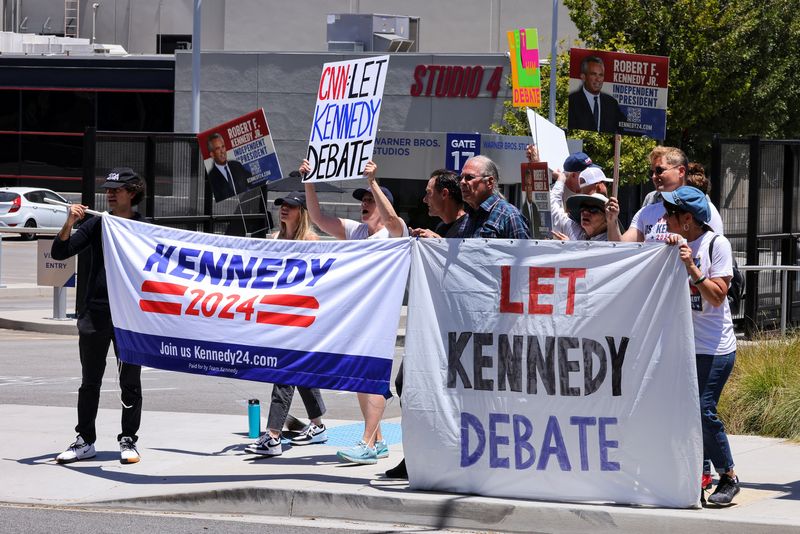Follow us on LinkedIn
What is Capitalization Rate?
Capitalization rate (or simply Cap Rate) refers to the rate of return used for real estate valuation. Cap rate is the rate of return that investors can expect to generate on a real estate investment property. This rate uses the net income generated through properties and is calculated by taking the net operating income and dividing it by the property asset value.
The capitalization rate is critical for investors for several reasons. Firstly, it allows investors to estimate the returns they will get on their investment in the market. In addition to that, the cap rate is also necessary for calculating a property’s value under some valuation models. Cap rate is also helpful in comparing the relative value of several real estate investments in the market.
What is the Capitalization Rate formula?
While the capitalization rate is similar to the rate of return, the calculation is relatively straightforward. The capitalization rate formula divides the net operating income by the current market value of the property. Mathematically, it is as below.
Capitalization Rate = Net Operating Income / Asset’s Current Market Value
In the above formula, net operating income represents the annual income that the property in consideration generates. This income constitutes the total income after deducting any expenses incurred from operations. These operations may include managing the property, paying for repairs, paying taxes, etc. On the other hand, the current market value represents the value of the property in the market at the time.
Example
An investor wants to invest in real estate. The investor has the option to invest in one of three different properties. Given below are details of each property.
|
Property |
Operating Income | Expenses | Market Value |
|
A |
100,000 |
15,000 |
1,500,000 |
|
B |
75,000 |
6,500 |
1,200,000 |
| C | 90,000 | 9,000 |
1,400,000 |
All properties are within the investor’s investment limit. However, all of these have varying incomes and values. Therefore, the investor must determine each property’s capitalization rate to decide which one will maximize their return. Property A has the highest net operating income of $85,000 ($100,000 – $15,000). However, it only has a cap rate of 5.67%.
Property B has the lowest net operating income of $68,500 among the three options. However, it also requires minimum investment. It means that Property B will have a cap rate of 5.71%, which is higher than Property A. Lastly, Property C has a net operating income of $81,000, which is higher than Property B but lower than Property A. Despite that, it has a cap rate of 5.79%.
For the investor, investing in Property C will generate the maximum return for their given investment. The runner-up among these three properties will be Property B, with a cap rate of 5.71% despite having the lowest net operating income. Lastly, Property A will provide the lowest returns for the investor, although it generates the maximum operating income.
Conclusion
Capitalization rate is the rate of return investors can expect to generate on real investment properties. It takes the net operating income from a property and divides it by its current market value. The cap rate can be useful for several reasons, including making investing decisions, valuing real estate, estimating the payback period of an investment, etc.
Further questions
What's your question? Ask it in the discussion forum
Have an answer to the questions below? Post it here or in the forum




